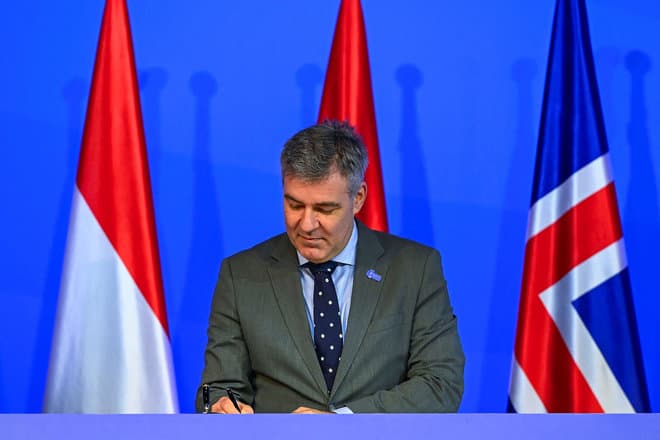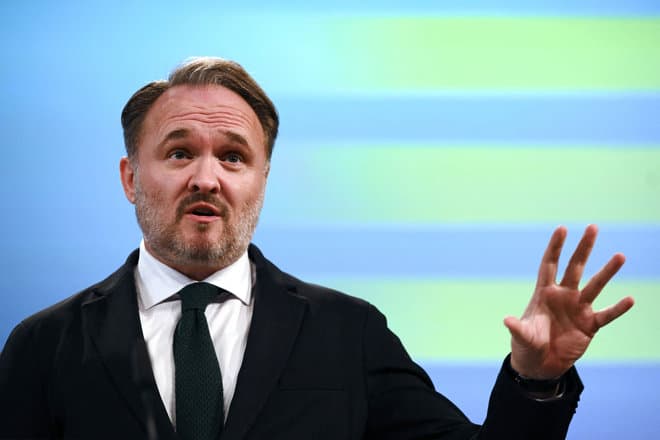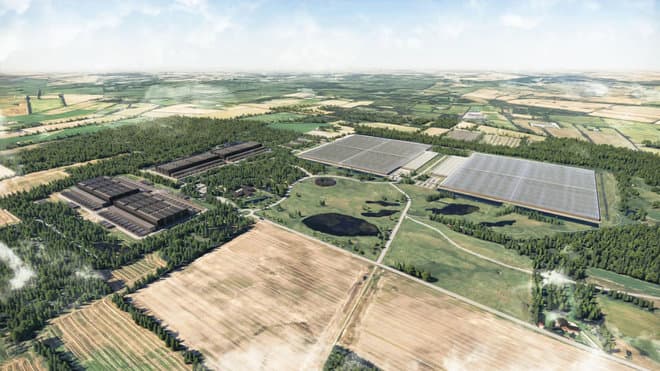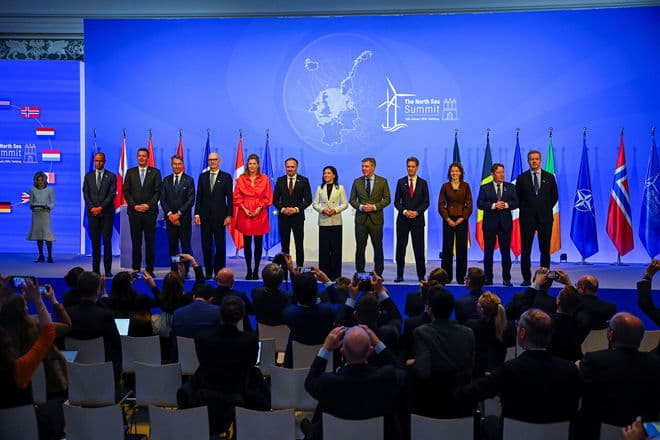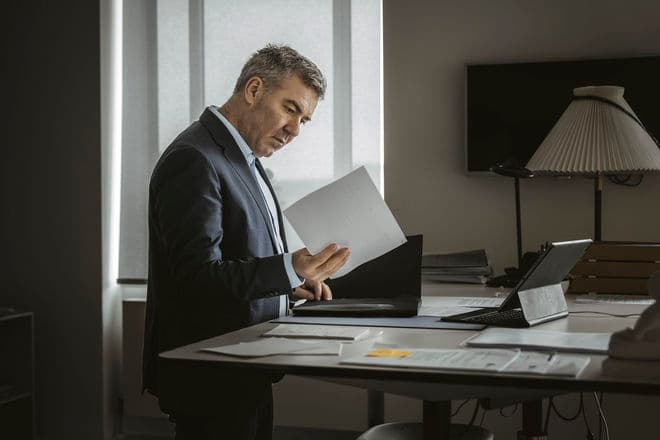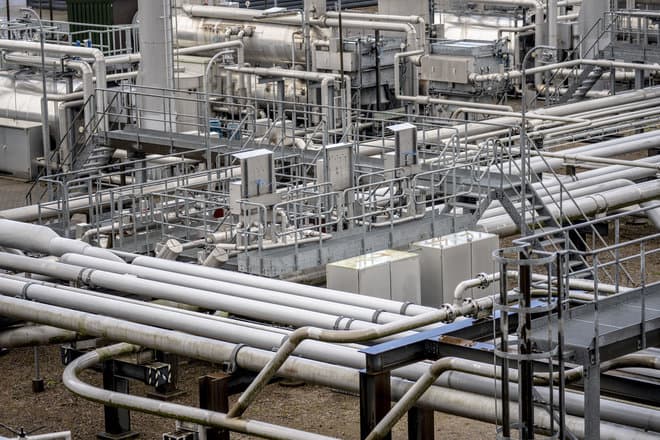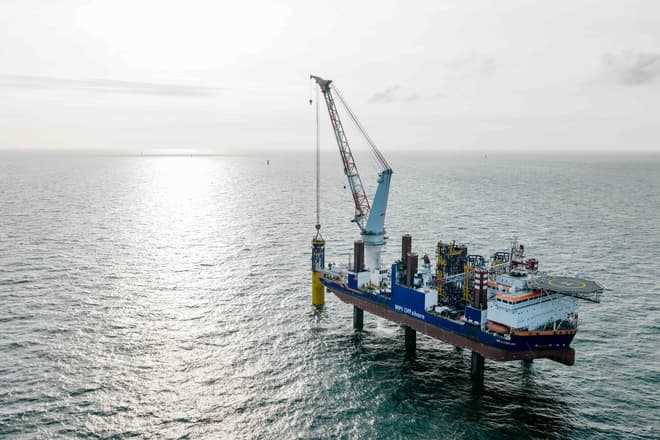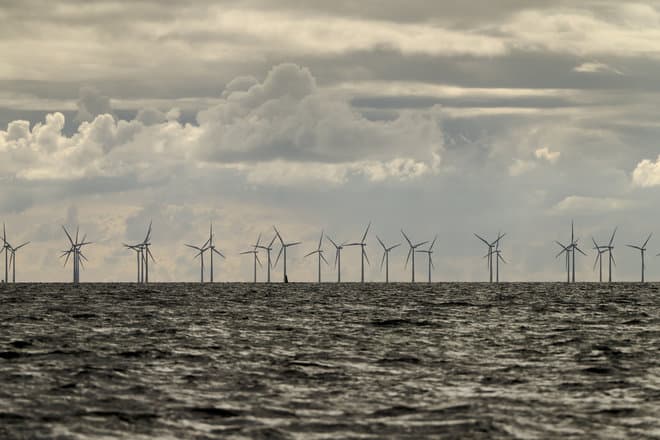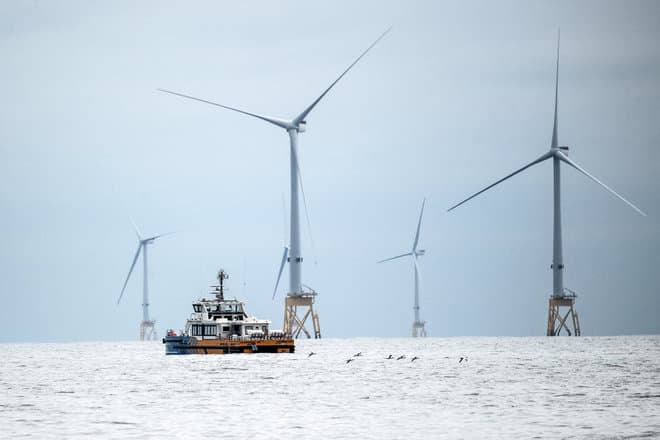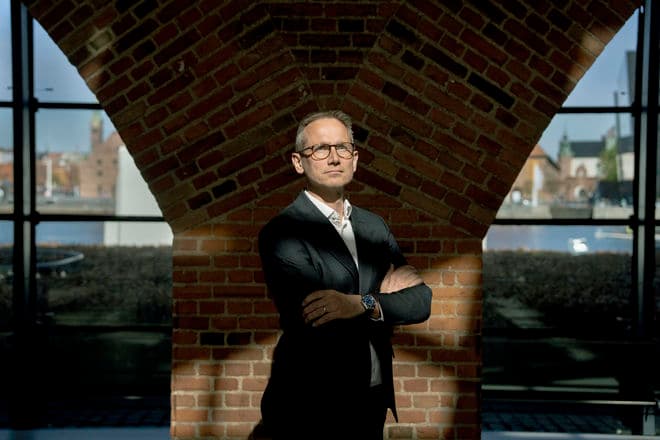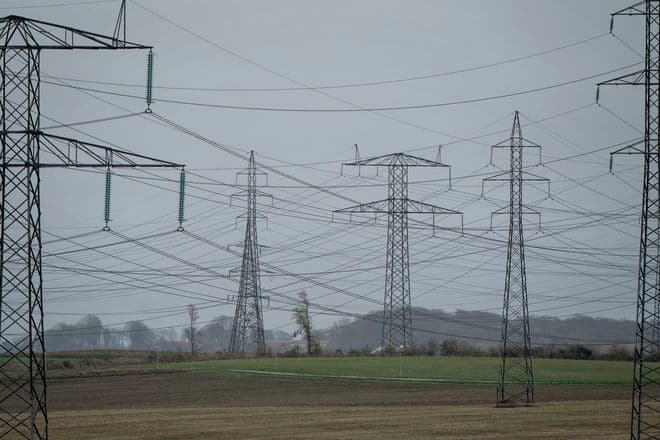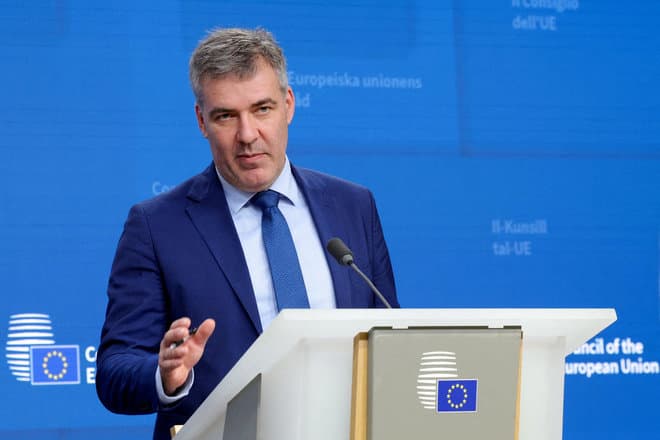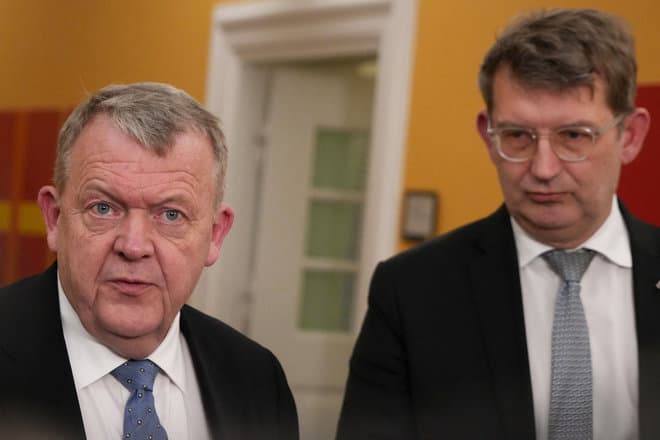
There may be new momentum on the way to the Bornholm Energy Island, after the prestigious project with large amounts of offshore wind in the Baltic Sea has been on hold since winter. This is what Climate Minister Lars Aagaard (M) tells Ritzau.
The reason is that the new German government has shown interest in sharing the project with the Danish government and thus being equal on the price of the new green energy.
- We have received a positive signal from the German side that they would like to negotiate with Denmark about the economics of Bornholm Energy Island, says Lars Aagaard.
The Danish and German governments will now begin negotiations on what the bill and possible state support for an offshore wind farm of three GW off Bornholm might look like. The offshore wind farm and its infrastructure will be located on Danish soil, while a cable can send part of the electricity to Germany.
Lars Aagaard expects that the search will be completed by the end of the year. Only then will a final decision be made on whether the project should continue or not.
Controversial project
Energiø Bornholm has long been a controversial project. Originally, it was one of former Climate Minister Dan Jørgensen's prestige projects, but in recent years delays and cost increases have characterized the process.
Last year, it emerged that the Danish Energy Agency itself estimated that it would result in a socio-economic deficit of around seven billion kroner. The Economic Wise Men even recommended that the plans be dropped if they could not result in a socio-economic surplus.
In January, the government chose to slow down the pace of the project because the economy was dependent on German interest, and the election and the new government in Germany were decisive here.
Lars Aagaard now says that they will still be aware of the socio-economic cost. However, the government will only have that overview once negotiations with the Germans about the project have been completed.
- We have to negotiate thoroughly, and then we have to take a position. There is no guarantee that we can make ends meet, and that is how it is, says Lars Aagaard.
However, the Minister for Climate Change will not rule out that the project will still be approved if there continues to be a socio-economic deficit.
There may be many other positive parameters, such as lower electricity prices on Zealand and displaced fossil energy in Germany, that speak in favor of implementing the project.
In addition, the parameters for the total price for society may change many times before the first part of the park is due to be ready in the estimated 2036, the minister points out.
/ritzau/
Text, graphics, images, sound, and other content on this website are protected under copyright law. DK Medier reserves all rights to the content, including the right to exploit the content for the purpose of text and data mining, cf. Section 11b of the Copyright Act and Article 4 of the DSM Directive.
Customers with IP agreements/major customer agreements may only share Danish Offshore Industry articles internally for the purpose of handling specific cases. Sharing in connection with specific cases refers to journaling, archiving, or similar uses.
Customers with a personal subscription/login may not share Danish Offshore Industry articles with individuals who do not themselves have a personal subscription to Danish Offshore Industry.
Any deviation from the above requires written consent from DK Medier.

